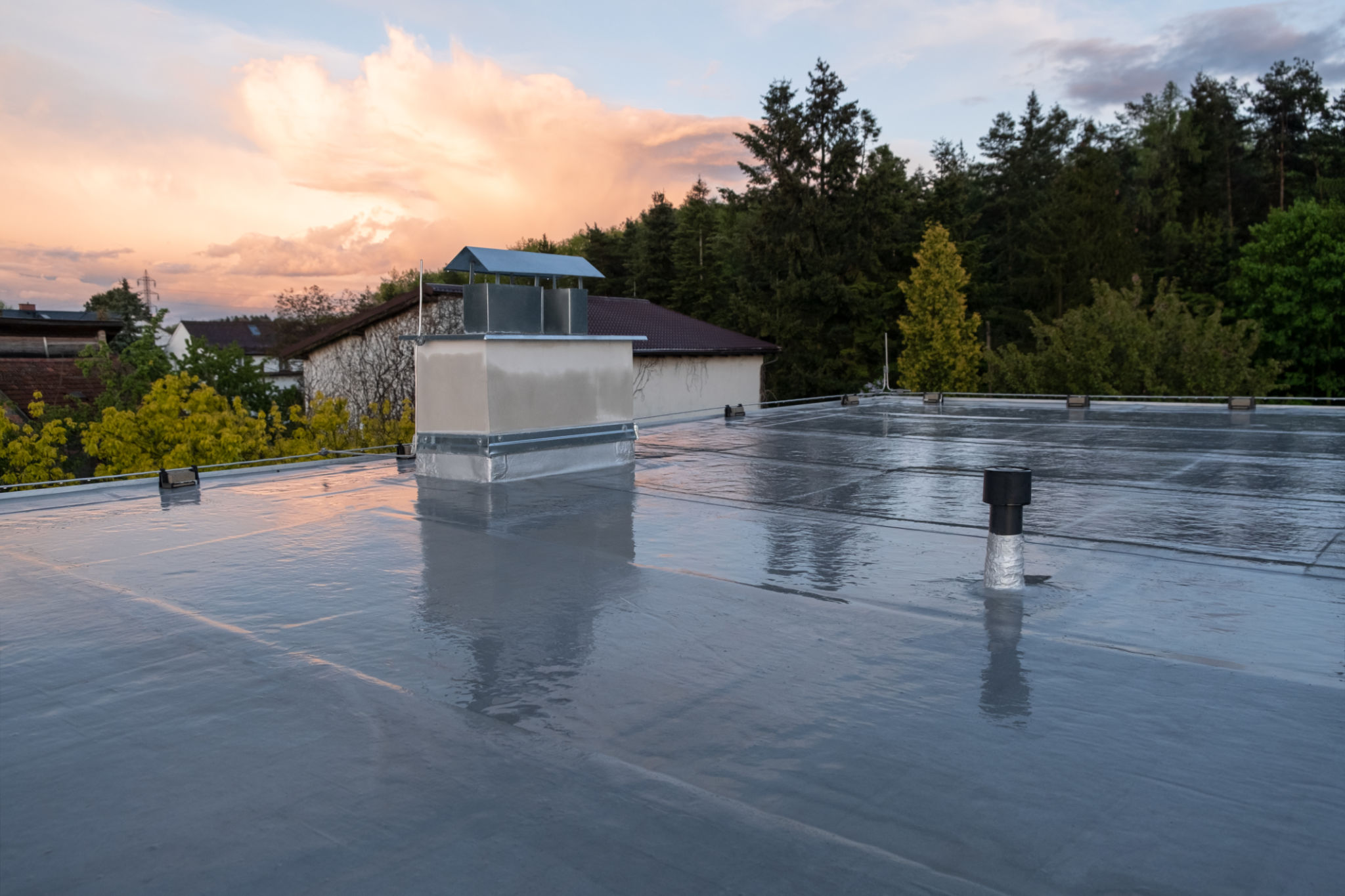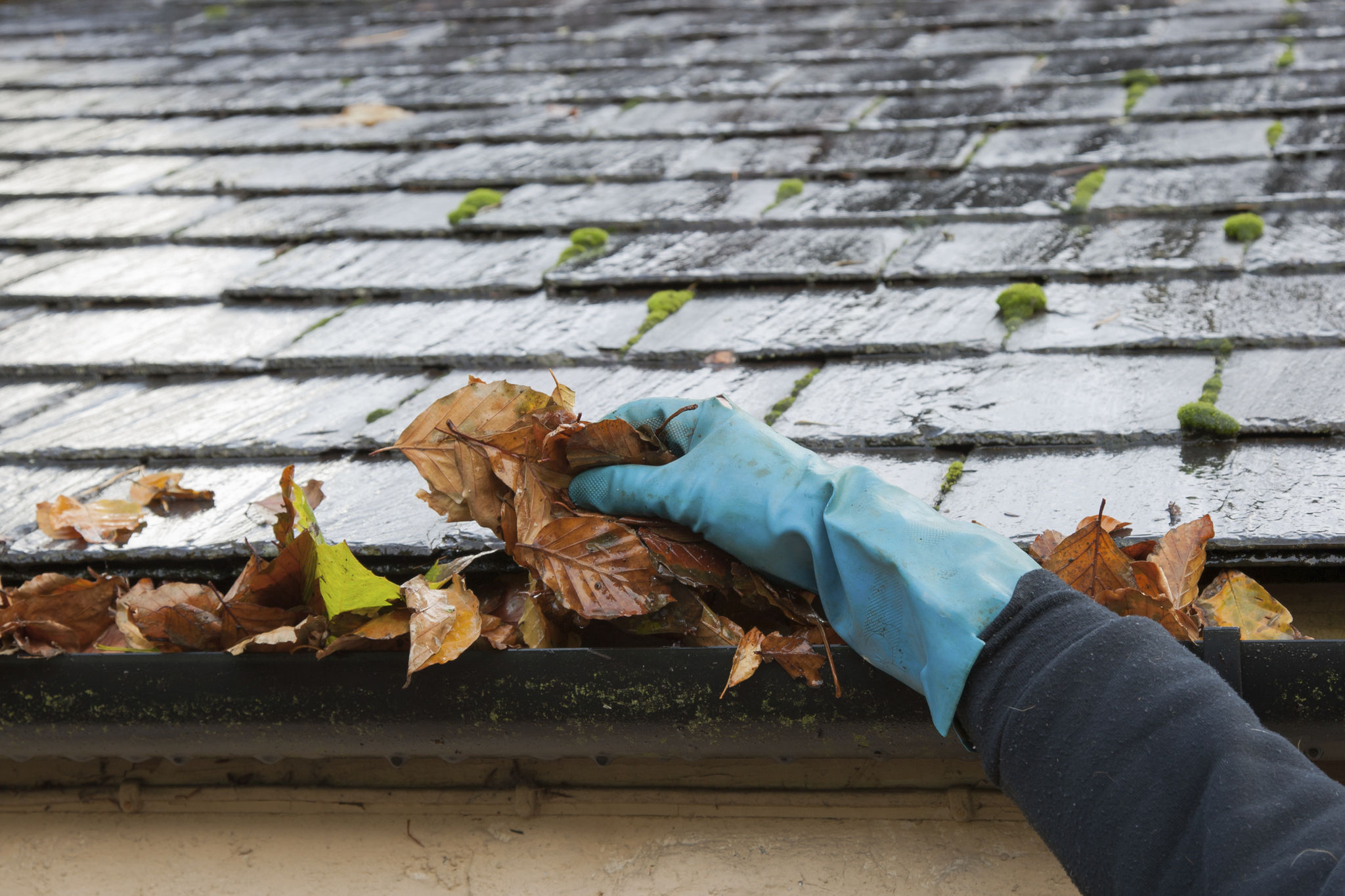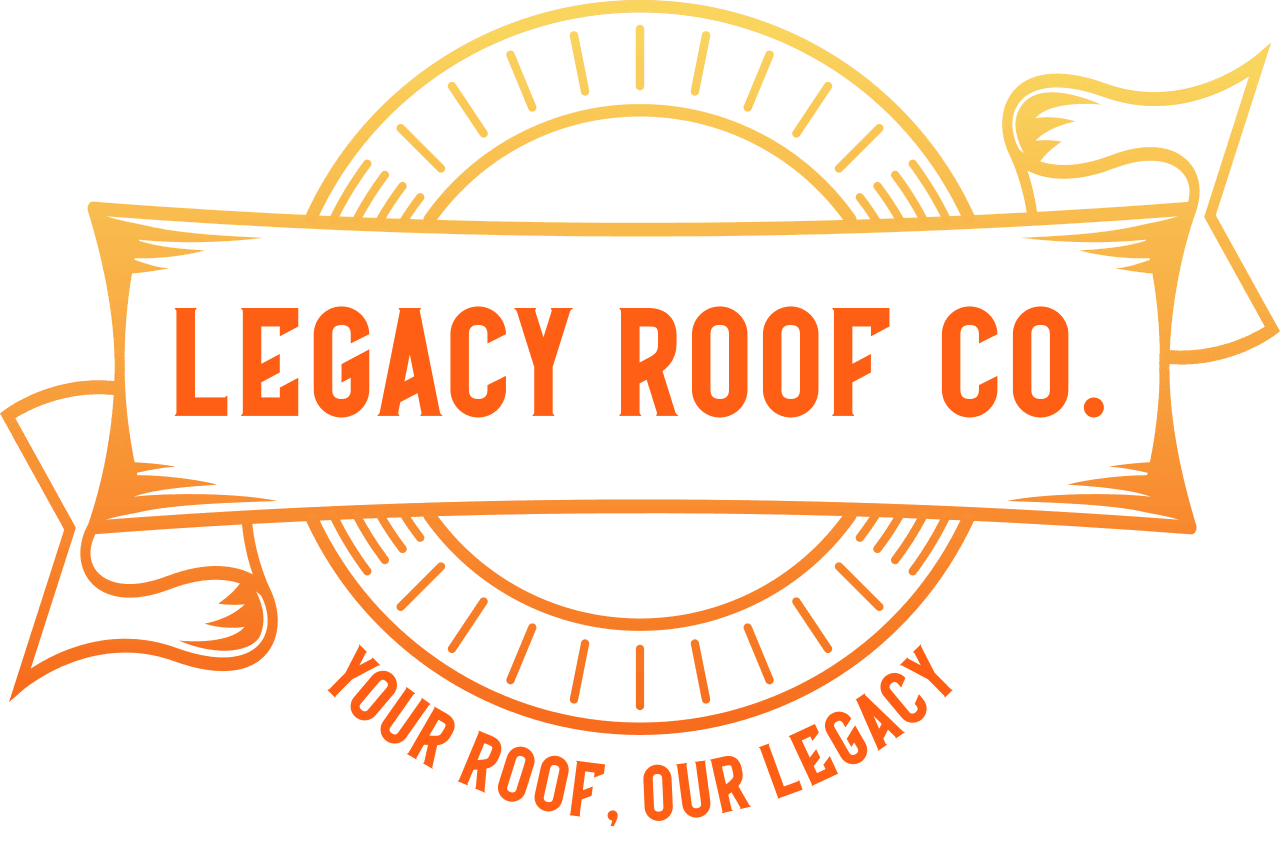DIY Flat Roof Maintenance: Tips for Business Owners
Understanding the Importance of Flat Roof Maintenance
For many business owners, maintaining a flat roof might not be at the top of their priority list. However, regularly maintaining your flat roof is vital to prolonging its lifespan and ensuring your business premises remain safe and secure. A well-maintained roof protects against weather damage and can help prevent costly repairs in the future.
Flat roofs, due to their design, can be more vulnerable to water pooling, debris accumulation, and other issues that can lead to damage if not addressed promptly. Understanding these unique challenges can help business owners take proactive measures to maintain their roofs effectively.

Regular Inspections: A Proactive Approach
Conducting regular inspections is a crucial step in flat roof maintenance. Business owners should schedule comprehensive inspections at least twice a year, ideally in the spring and fall. During these inspections, look for signs of wear and tear, such as cracks, blisters, or punctures on the roofing material.
It is also important to check for any areas where water may be pooling, as stagnant water can lead to leaks and structural damage over time. If your building is located in an area with frequent storms or high winds, consider more frequent inspections to catch any potential issues early.
Professional vs. DIY Inspections
While professional inspections provide a thorough assessment, conducting your own regular checks can catch minor issues before they escalate. Business owners should familiarize themselves with common flat roof problems to identify warning signs early.

Cleaning and Debris Removal
Keeping your flat roof clean is another essential aspect of maintenance. Debris such as leaves, dirt, and branches can accumulate on the roof surface, leading to drainage issues. Regular cleaning ensures that gutters and drains remain unblocked, allowing water to flow freely off the roof.
- Use a broom or blower to remove debris gently.
- Ensure drains and downspouts are clear of obstructions.
- Consider installing a protective screen over drains to prevent clogs.

Addressing Small Repairs Promptly
Timely repairs can prevent minor issues from escalating into major problems. If you notice any cracks or punctures during inspections, address them as soon as possible. Small repairs often involve patching or sealing minor damage using appropriate roofing materials.
Business owners should have a basic toolkit available for minor repairs. Essential items include roofing cement, patches, and a utility knife. However, for more extensive damage or if you're unsure about the repair process, it’s best to consult with a professional contractor.
When to Call the Experts
While DIY maintenance is cost-effective for minor issues, some situations require professional expertise. If you encounter structural concerns or extensive damage beyond minor surface repairs, hiring a professional roofing contractor is advisable to ensure the integrity of your roof.
Remember, a well-maintained flat roof not only protects your business but also enhances its overall value and appeal. By implementing these DIY tips and knowing when to seek professional help, business owners can ensure their flat roofs remain in optimal condition for years to come.
